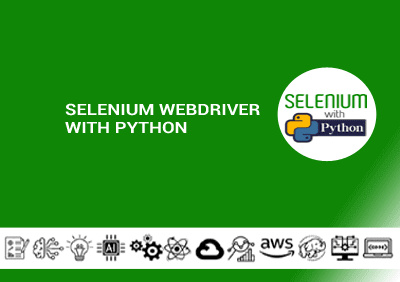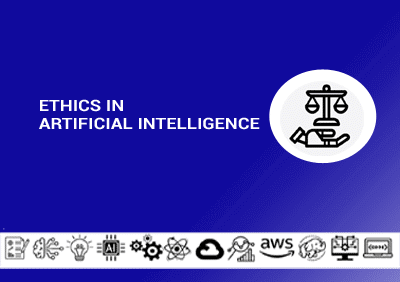- Overview
- Prerequisites
- Audience
- Curriculum
Description:
This Advanced Node.js training is designed for developers looking to deepen their understanding of Node.js and build more complex, high-performance applications. Participants will explore advanced topics such as event-driven architecture, performance optimization, and the use of powerful tools and libraries. This course will empower you to take full advantage of Node.js’s capabilities for developing scalable and robust backend systems.
Duration: 2 Days
Course Code: BDT369
Learning Objectives:
After this course, you will be able to:
- Optimize Node.js applications for performance and scalability.
- Master event-driven architecture and design patterns in Node.js.
- Implement advanced asynchronous programming techniques, including Promises, async/await, and streams.
- Utilize Node.js with external databases (SQL and NoSQL) and caching mechanisms.
- Leverage tools and libraries such as Express, Socket.IO, and PM2 for advanced application development and monitoring
Completion of a Node.js beginner course or equivalent experience. ( BDT367)
Proficiency in JavaScript and familiarity with asynchronous programming.
Basic understanding of Node.js core modules and RESTful APIs.
This course is ideal for developers with a foundational understanding of Node.js who want to enhance their skills and tackle more complex projects, such as building large-scale applications or optimizing performance.
Course Outline:
1. Introduction to Advanced Node.js Concepts
- Overview of Node.js architecture and V8 engine internals
- Understanding the event loop in depth
2. Event-Driven Architecture
- Designing event-driven systems
- Implementing custom events with EventEmitter
- Real-world use cases and examples
3. Advanced Asynchronous Programming
- Deep dive into Promises, async/await
- Working with streams and buffering
- Managing concurrency with worker threads and clustering
4. Error Handling and Debugging
- Advanced error handling patterns
- Debugging with Node.js built-in tools (Inspector, Debugger)
- Monitoring and logging with external tools (Winston, Log4js)
5. Performance Optimization
- Profiling and benchmarking Node.js applications
- Memory management and garbage collection
- Optimizing I/O operations and database interactions
6. Node.js with Databases
- Integrating Node.js with SQL databases (e.g., MySQL, PostgreSQL)
- Working with NoSQL databases (e.g., MongoDB)
- Implementing caching strategies with Redis
7. Deploying and Scaling Node.js Applications
- Best practices for deploying Node.js apps
- Scaling with tools like PM2, Docker, and Kubernetes
- Continuous Integration/Continuous Deployment (CI/CD) pipelines
Training material provided: Yes (Digital format)
Installations required:
- js: The runtime environment is free and open-source. You can download it from the official Node.js website.
- Visual Studio Code: A popular, free, open-source code editor with extensive support for Node.js development.
- npm (Node Package Manager): Comes bundled with Node.js and allows you to install and manage packages and dependencies for your Node.js projects.
- Docker: For containerizing Node.js applications, useful in deployment and scaling sections. Installation: https://www.docker.com/
- MySQL or PostgreSQL: SQL databases for database integration modules.




